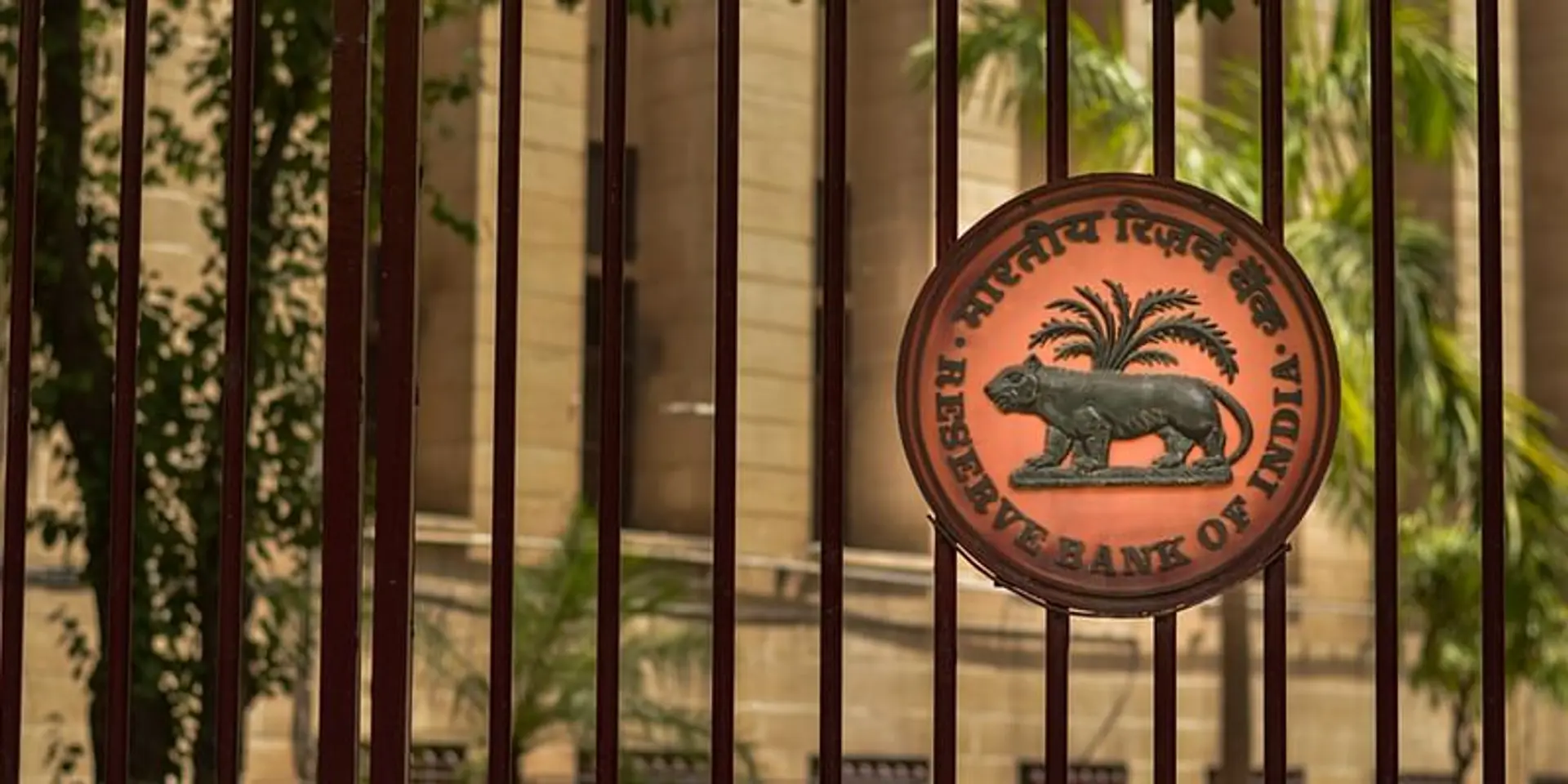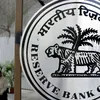Automatic recurring payment to comply with RBI direction from April 1
Recently, RBI enhanced the limit for contactless card transactions and e-mandates for recurring transactions through cards (and UPI) from Rs 2,000 to Rs 5,000 from January 1, 2021 with a view to further the adoption of digital payments in a safe and secure manner.
Come April, there will be no automatic recurring payment for various services including recharge and utility bill as RBI has made Additional Factor of Authentication (AFA) mandatory after March 31.
However, banks and payment gateways are seeking additional time to comply with the RBI directive on automatic recurring payment.
On December 4, RBI had directed all banks including RRBs, NBFCs, and payment gateways that the processing of recurring transactions (domestic or cross-border) using cards or Prepaid Payment Instruments (PPIs) or Unified Payments Interface (UPI) under arrangements/practices not compliant with AFA would not be continued beyond March 31, 2021.
As part of risk mitigation measure, RBI announced this step to bolster safety and security of card transactions.
Non-readiness of some of the players could impact recurring payment such as of utility bills, recharge of phone, DTH, and OTT, among others, post March 31.
Recently, RBI enhanced the limit for contactless card transactions and e-mandates for recurring transactions through cards (and UPI) from Rs 2,000 to Rs 5,000 from January 1, 2021, with a view to further the adoption of digital payments in a safe and secure manner.
Under the new norms, banks will be required to inform customers in advance about recurring payment due and transaction would be carried following nod from the customer. So, the transaction would not be automatic but would be done after authentication from the customer.
For recurring payments above Rs 5,000, banks are required to send one-time password to customer as per the new guidelines.
"All the ecosystem players, be it banks and payment gateways, are guilty of not taking RBI directive seriously from 2019, and not being able to come on a single platform, which we should have done at least a couple of months back, so that there could have been a smooth transition to the new way of doing recurring transactions," Payments Council Of India (PCI) Chairman Vishwas Patel said.
So, the Reserve Bank of India (RBI) requested to consider giving at least one month extension so that players meet RBI directives, Patel, who is executive director of Infibeam Avenues, said.
"Everybody has understood the seriousness of it because it is Rs 2,000 crore a month business, as per PCI estimates. We hope that the cycle is not broken and the end consumers and merchants are not inconvenienced," he added.
A senior executive at an e-commerce company said the industry is not prepared to implement the e-mandate framework issued by RBI.
Starting April 1, customer e-mandate transactions will be declined by banks, if further extension is not granted by RBI, the official said, adding, this will cause major disruption to recurring transactions and will erode customer trust in digital payments.
Edited by Saheli Sen Gupta




